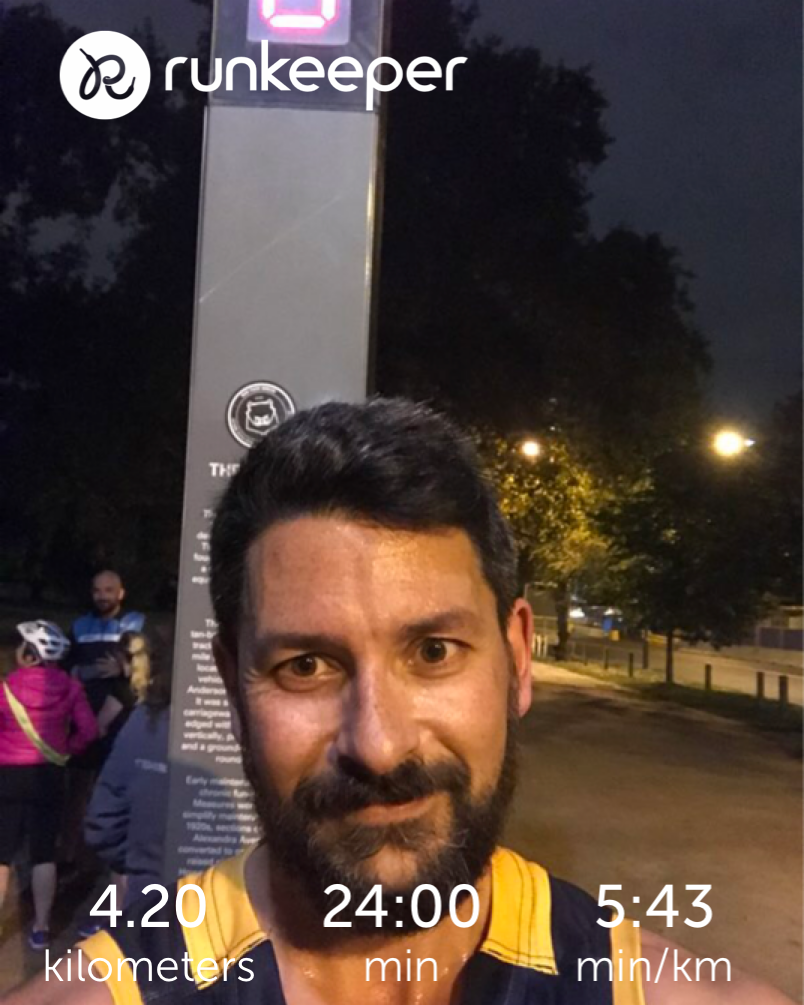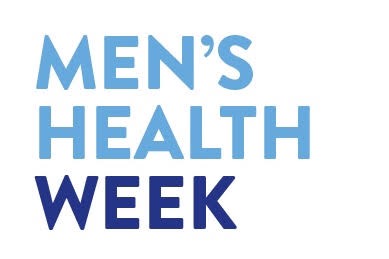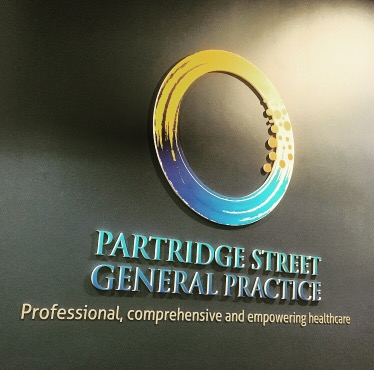June is Men’s Health Month and June 12-16 is Men’s Health Week at Partridge Street General Practice. Men are important and Health is important so let’s look at some issues in Men’s Health.
First up was Alcohol.
Then came Nutrition.
Then Smoking.
Now Physical Activity.
Remember those challenges of life? Men face challenges – we have to be providers, to be strong, to keep our emotions bottled up. Challenges are faced with solutions…or avoided with distractions. Let’s look at a solution. Physical Activity. This is a subject close to my heart and I’ve talked about it a few times before. In fact, you might even say I’ve talked about it a lot.

What can Your GP do to help you get more physical activity into your life? We can explore specifics in person, but here are the basics.
Work up to 10,000 steps a day
Do something that makes you sweat for 25-45 minutes, 3-5 times a week
Find a physical activity you enjoy and make it regular
Get together with some like minded active friends
Repeat
Remember, getting physical activity back into your life can be hard, and many people won’t get it right first try. Your GP knows this and won’t give up on you. We can abandon a plan, but we won’t abandon you.

So Men, Partridge Street General Practice is going to meet you halfway. We’re reaching out to You and we’re looking forward to you reaching back to us.
We challenge you to get healthier with us.
- Stop smoking
- Cut down drinking
- Eat better
- Get more physical activity into your life
We’re going to do it, we’re going to live it, and the team at Partridge Street General Practice are going to run the City to Bay this year for the Childhood Cancer Association.

Support them while we support you!

More details soon!
See you then or in person if you’d like to talk.
From the Men’s Health Week website:
A boy born in Australia in 2010 has a life expectancy of 78.0 years while a baby girl born at the same time could expect to live to 82.3 years old. Right from the start, boys suffer more illness, more accidents and die earlier than their female counterparts.
Men take their own lives at four times the rate of women (that’s five men a day, on average). Accidents, cancer and heart disease all account for the majority of male deaths.
Seven leading causes are common to both males and females, although only Ischaemic heart disease shares the same ranking in both sexes (1st). Malignant neoplasms of prostate (6th), Malignant neoplasms of lymphoid, haematopoietic and related tissue (7th) and Intentional self-harm (10th) are only represented within the male top 10 causes.
The above figures are taken from the Australian Bureau of Statistics. Furthermore, there are specific populations of marginalised men with far worse health statistics. These marginalised groups include Aboriginal and Torres Strait Islander men, refugees, men in prison or newly released from prison and men of low socioeconomic standing.
Men’s Health Week has a direct focus on the health impacts of men’s and boys’ environments. It serves to ask two questions:
What factors in men’s and boy’s environments contribute to the status of male health as indicated in the table above?
How can we turn that around and create positive environments in men’s and boy’s lives?
We’re going to ask and answer those questions this week. Stay with us online and in person – we’ve got your back!

Your GPs at Partridge Street General Practice



Trackbacks/Pingbacks